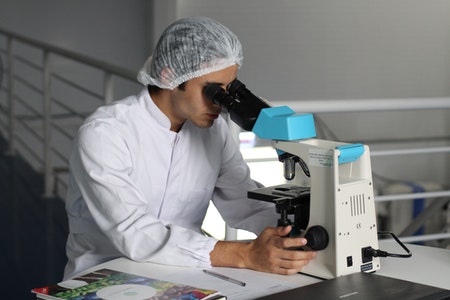Part 2 - Research Integrity
Normative Procedures and Processes in the Production of Research
There are the ethical considerations of how to proceed in the course of conducting any manner of scientific research. These are referred to as procedural ethics and signify the typical areas of responsible conduct of research, including issues such as falsification of data, fabrication of data, and plagiarism, as well as considerations around conflicts of interest, research misconduct, treatment of human and animal subjects, and responsible authorship. While there are many considerations around procedural ethics that are highly relevant to nanotechnology research, such as fabrication of experimental results, responsible authorship amongst colleagues, etc., for the most part, the same type of considerations of procedural ethics will appear in nanotechnology as they do is most any other field of science and engineering research.
Nine Areas to Consider in Responsible Conduct of Research
According to the National Office for Research Integrity, there are nine main areas to consider in the Responsible Conduct of Research:
- Data Acquisition, Management, Sharing and Ownership
- Conflict of Interest and Commitment
- Human Subjects
- Animal Welfare
- Research Misconduct
- Publication Practices and Responsible Authorship
- Mentor / Trainee Responsibilities
- Peer Review
- Collaborative Science
“Federal and institutional research misconduct policies define research practices that researchers must avoid.”
"Authorship and collaboration problems are a serious threat to the research enterprise and to the motivation of young scientists, especially when they involve misappropriation of ideas and data."
Floyd E. Bloom. Science 287:589, 2000.
"Every job occupied, every grant received and every paper published by someone who engages in misconduct deprives at least one honest scientist of an opportunity to which he or she was entitled.”
Herbert N. Arst, Jr., Imperial College School of Medicine, London. Nature 403:478, 2000.
